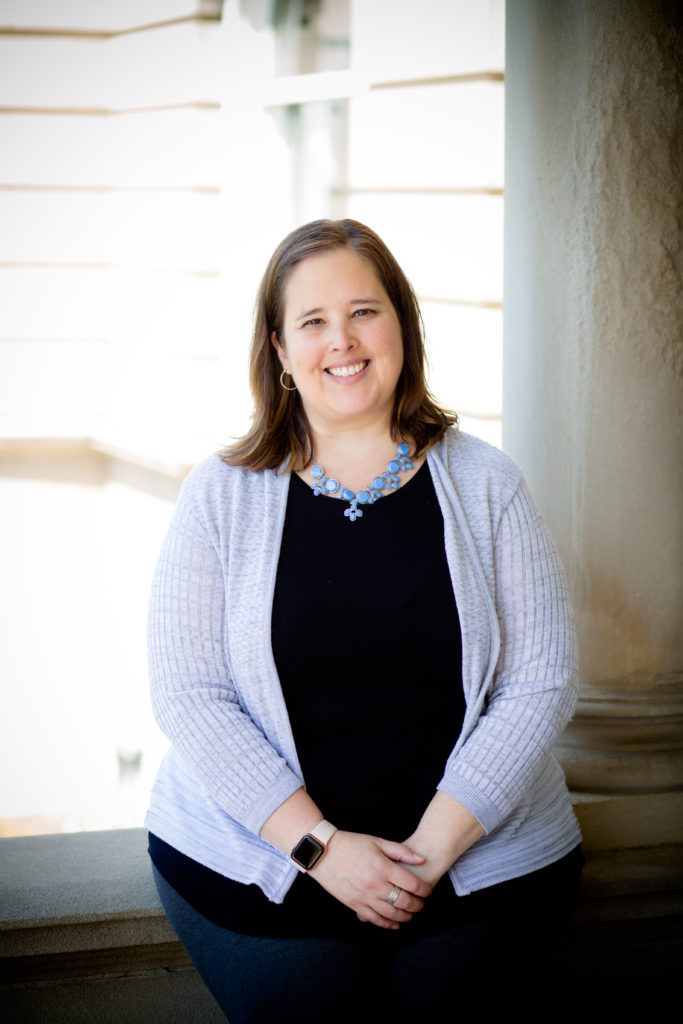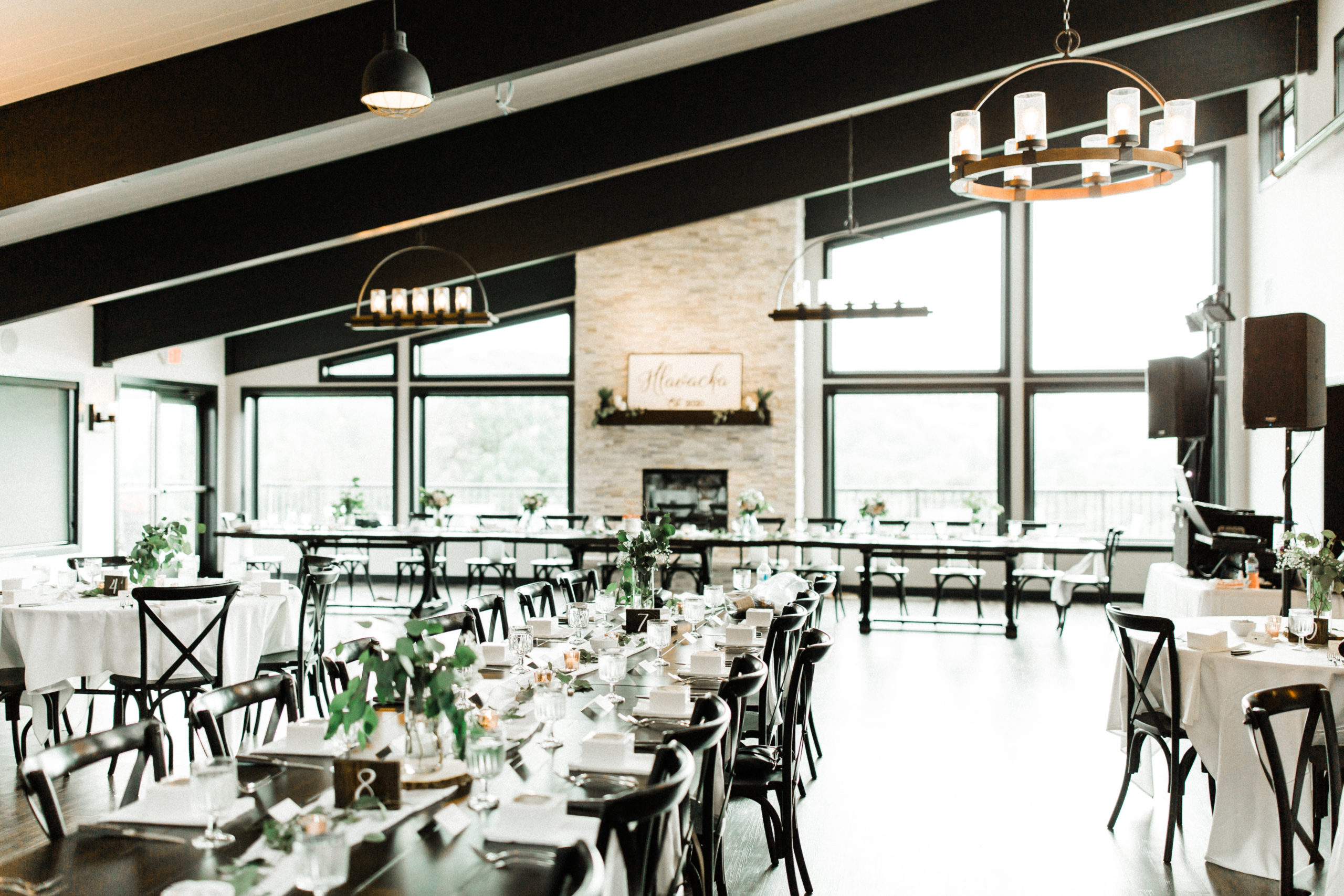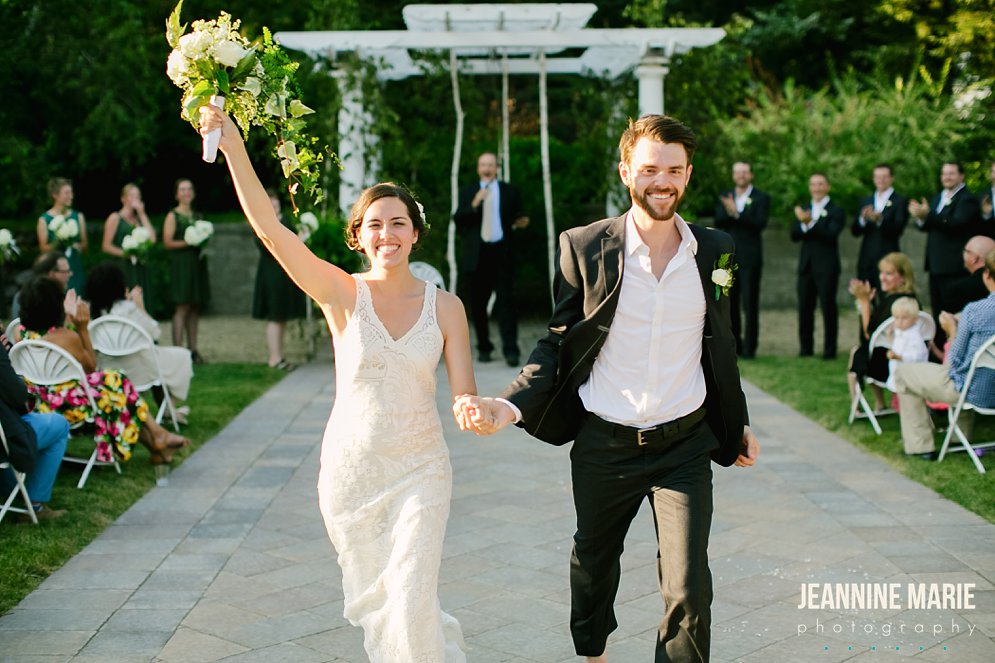“How did you get into wedding planning?” is a question I still get asked, but not nearly as often as I used to. I’m not sure if it’s because being a wedding planner is more common these days or if I have just been around long enough that some people know my story, but either way, I usually give the short version. But now, ten years into the business, I thought I would share more of the story and give people an insight into what it’s really like to be a wedding planner.
It was January 2013 and I had just finished getting my two-year Associate’s Degree in Human Resources. (I had not gone to college right after high school but rather worked in a few industries until the recession made me feel like I should have a degree of some kind.) I was working a full-time job as Project Manager for a small, interactive media company (which I had been laid off from once and had left on my own once before leaving for good in my 7-year run there) and a part-time job at Whole Foods (which I got when I had gotten laid off from other jobs in 2009). As I like to tell it, I had an extra five hours a week now that school was done, so maybe I should give this whole wedding planning thing a try?
I know what you are thinking: where did wedding planning come from that? Well, unlike most wedding planners who seem to get a bug for it when planning their own weddings, I came about it in a more unconventional way. Not only was I not married, but I was pretty single and really didn’t like even going to weddings as I never had a date. Inevitably my friends who were getting married would make me a personal attendant so I know firsthand how hard that job can be, but I didn’t mind as it kept me busy during the wedding and less focused on how lonely a wedding can be if you don’t have a date and most of the people you know are in the wedding party.
As my friends got married, I got more involved in helping them plan things beforehand, such as helping to pick out music and directing the rehearsals. I found that I really enjoyed this part as my experience in management let my proactive thinking shine through to make sure we had thought of scenarios and plans for the day. In July 2012, the last of my single friends got married, which meant that I had cried my way through my last wedding as the personal attendant extraordinaire…without a date and feeling kind of sorry for myself. Little did I know that things would soon change.
As 2012 drew to a close and I expressed some frustration at my full-time job and figured out that an Associate’s degree in Human Resources was going to get me nowhere and yet I had no desire to go on and get a Bachelor’s degree, those same friends from before, plus their families, were telling me I should become a wedding planner. Of course, my first instincts were to say no, no way can I do that. I don’t have a degree or any formal training in it, I’d never really been paid to do it, and what did I know about running a business? Nope, wasn’t going to happen.
But then, out of nowhere, a small entrepreneurial fire lit inside of me and I decided to look and see what it would actually take to start my own business. What really pushed me over the edge was when the friend who had gotten married in July sent me a notice that the Eagan Community Center, where she had gotten married, was having a wedding fair and I should get a booth at it. It was January at this point. Could I pull it together enough to make myself seem like a legitimate business? The Beatles said it best: “I get by with a little help from my friends.”
Over the next month my friends whose wedding I had helped with sent me photos to use but more importantly, my coworkers at the media company were willing to do some work for Jimmy John’s sandwiches and made my logo and website. I’ll never forget how grateful I was in those early days for this help because in case no one ever told you: starting a business, even a small one with no overhead, is expensive! However there were a few things I did right from the start that I am very thankful for, so here’s the first set of tips for anyone looking to start a wedding planning or really any small business:
- I filed for an LLC right away. I knew it was going to be important to be able to separate my assets (which weren’t much, mind you) from those of the business.
- I got a separate bank account and Quickbooks from the start.
- I had a real, honest-to-goodness website and not just a Facebook or Instagram profile.
Fast forward to March and I have a booth at this wedding fair and my friend is working it with me telling people how much help I was to her. I have no idea what I had at the booth, I think some business cards and some flowers maybe, but I did have a prize drawing and my prices were obscenely low since I was so new and didn’t know how to price myself. Needless to say, I booked three weddings from that fair!
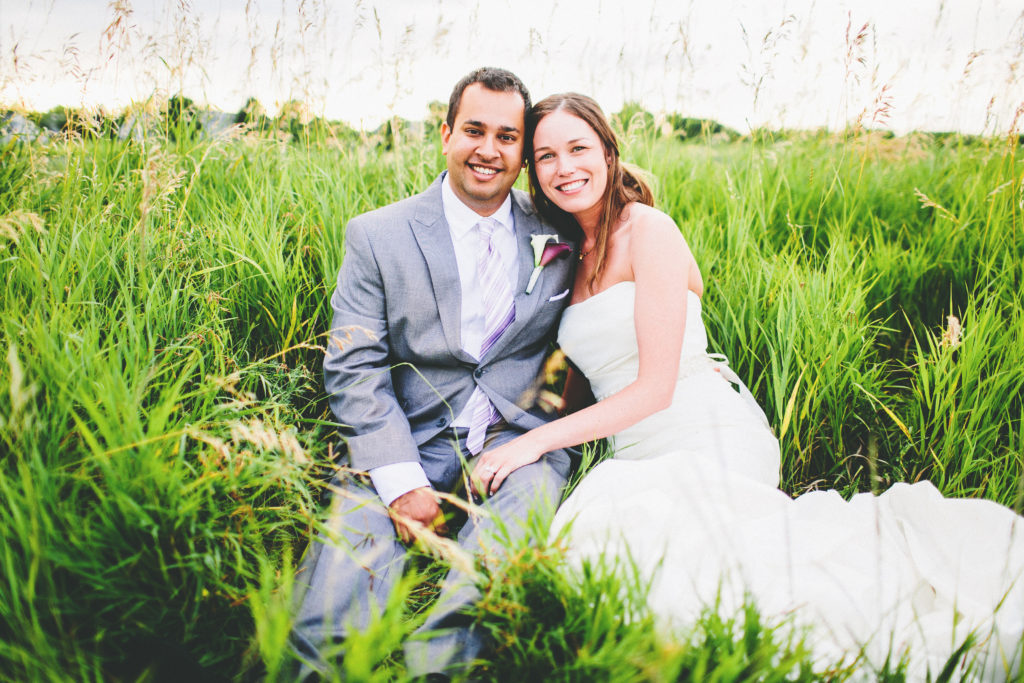
When I think back to the time and effort and duties I put into those first few weddings against the amount I charged for them…I just roll my eyes. I also had someone there helping me with the wedding I had to pay for, so I know I lost money on them. I was so cheap that after the very first wedding, the bride Kelly (in the above photo) came back to me and told me I didn’t charge her enough for all the work I did. She then came and assisted my third wedding with me for free as a thank you.
Time for a few more tips:
- I was WAY too cheap for WAY too long. It’s because I didn’t do research on what others were charging, didn’t consider my costs, and didn’t value my time enough. I am not saying I could have jumped right into the prices I am charging today but I should have scaled faster.
- If your clients are telling you what a good job you do and how they would have paid more for your services, believe them! If you have a very high conversion rate from inquiry to booked clients, there’s a good chance you aren’t charging enough compared to others in your market.
- An industry educator I heard once said you should raise your prices every three weddings you book, even if it’s just a little bit, because if you think about it, once you as a wedding professional work ten weddings, that’s more experience with weddings than any average (non-wedding) person will be involved within a lifetime. (Shout out to Renee Dalo!)
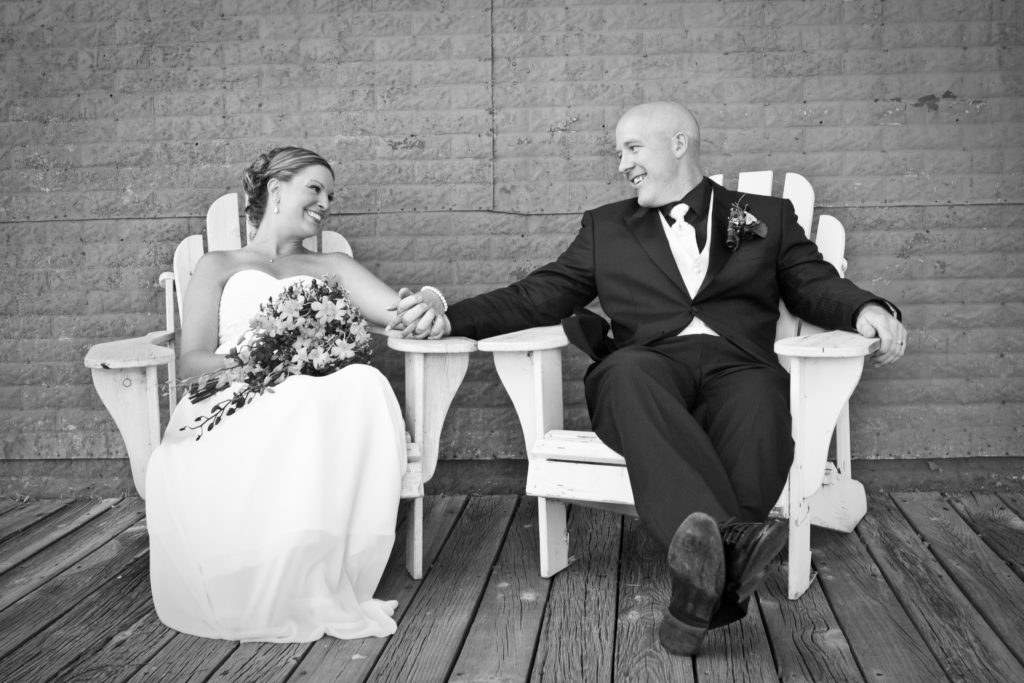
During those first few years in the business, I also bounced around in my other jobs. I left the Project Manager position and worked two part-time jobs at Whole Foods and La Belle Vie restaurant. I had never worked in the restaurant industry so it was a whole new world for me, even though I was just in the office and helped with events. I learned a ton about fine dining in my year there and made amazing connections I will always treasure.
One thing I knew I couldn’t do yet was to do Keyed Up Events full-time with no other income. As I said before, starting your own business can be expensive and if you don’t have a partner who will help support you if needed or a lot of savings to live off of, it’s basically impossible not to work some kind of other jobs. Over the course of the next several years, I continued to work sometimes part-time, sometimes full-time at Whole Foods, and seasonally at Williams Sonoma (where I still work part-time, what can I say, the discount is awesome!) for extra income and just as a change of pace from the wedding world.
It wasn’t until the middle of 2019 that I was able to finally leave Whole Foods and focus fully on Keyed Up Events, and that only happened because I moved in with my boyfriend James and some other things fell into place. Without those things happening, I don’t know that I would have been able to do KUE full-time. This brings me to my next piece of advice:
- Don’t just jump into a business without a plan. That’s totally what I did and even though I could be considered successful now, I would have done it differently if I would have known how much of a struggle it was going to be financially.
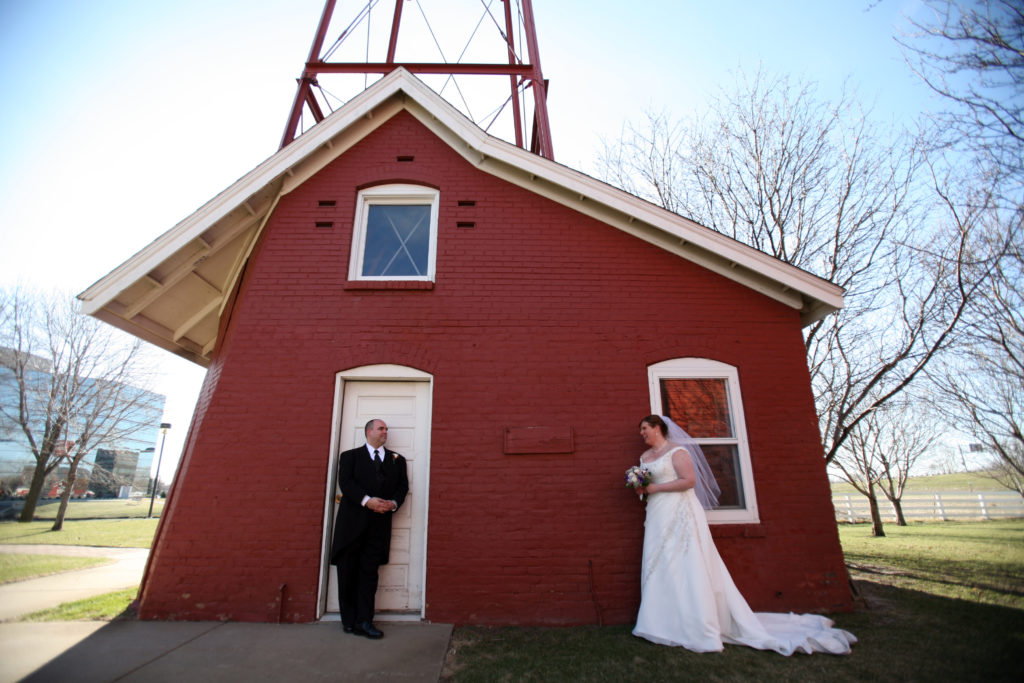
Over the course of my business, I had a variety of people come and go who helped me out. I started the business with a gal from my Project Manager job who was more creative and did some flowers and graphic design pieces for a few of our early clients. But then she got married and had a child and moved on. In 2016-2017, I had a few ladies who had other jobs work with me as leads and assistants, but once again, I wasn’t charging enough to warrant being able to pay them enough to keep them on, and it ended up being a frustrating situation for all of us. I pulled back in 2018 and really considered what I wanted to do with the business, and almost gave it up.
What stopped me from doing it was the connections I had finally made in the wedding industry, not with just other vendors I had worked with but finally, with other planners. This brings me to my next tip:
- Meet and befriend your local competition. I didn’t really sit down with another local planner until 2016, over three years after I started my business. When people ask me what is the one thing I would change in starting my business, this is hands-down it. I should have made an effort to meet other planners or go to more networking events or SOMETHING that didn’t make me feel so lost and isolated.
I can honestly say that forming strong relationships with many of the other planners in my market has changed my business for the better in so many ways. The biggest one was that I finally understood how not charging enough and undervaluing my business and what we do was damaging to our whole industry. Wedding planners have been fighting the fight of being relevant for so long, and I didn’t understand that not charging enough for what we do wasn’t helping myself or any of my peers.
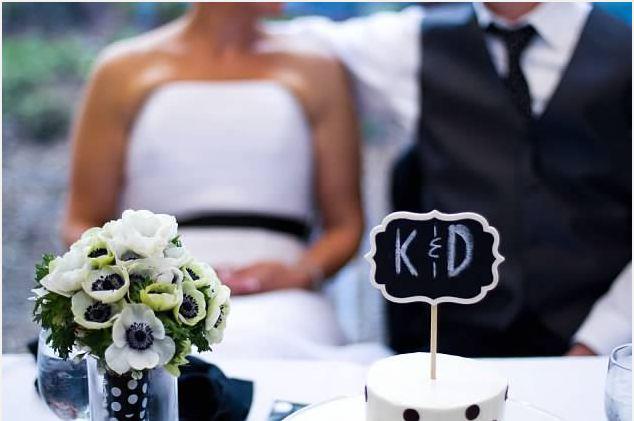
This brings us to today. Here in 2023 Keyed Up Events is stronger than ever. We got through the COVID cancellations and postponements and came out on the other side with a better sense of who we are and what clients we want to serve. I say “we” here because KUE has truly become a team effort. Calisto, Hope, and Alexis have become integral parts of the business and I am thankful to them and a few others who work with us on a consistent basis.
My few last pieces of advice to anyone looking to start a wedding planning business:
- Be prepared to be ALL the things in your business until you have the means to not be and can delegate it out, or have the plan to pay for those services (accounting, bookkeeping, social media, etc.) right away.
- Your work-life balance will likely be terrible for a long time, particularly if you are a one-person show and/or still work another job. Mine is still not great but I also don’t have kids and have a very understanding boyfriend who knew what he was signing up for since I had the business already when we started dating.
- You will be giving up weekends and some evenings and feel like you are working all the time. If none of these things sound fun to you, then there are plenty of established planners out there who you can work under and on your own terms. You can still be part of the wedding industry without all the business responsibilities.
Thanks for taking the time to read some of my history and that of KUE. It’s been a long and winding road to get where we are today, filled with lots of highs and lows. I feel good about where we are at and where we are going and hope the next ten years continue to be just as challenging and interesting as the first ten.
And finally, a huge THANK YOU to every client, vendor, and friend of mine and KUE’s who helped us get here!
– Dana Allison, Owner & Lead Planner
PS: Some photos included in this post are from some of my friend’s weddings before KUE was even an official business!
